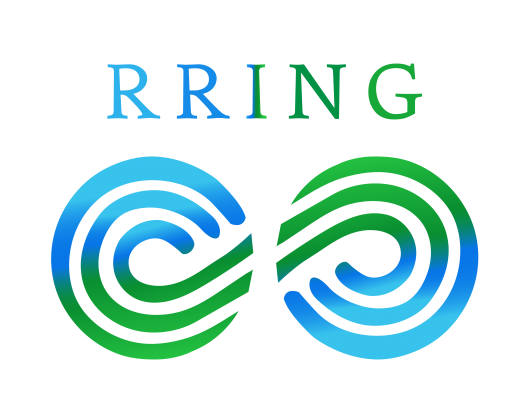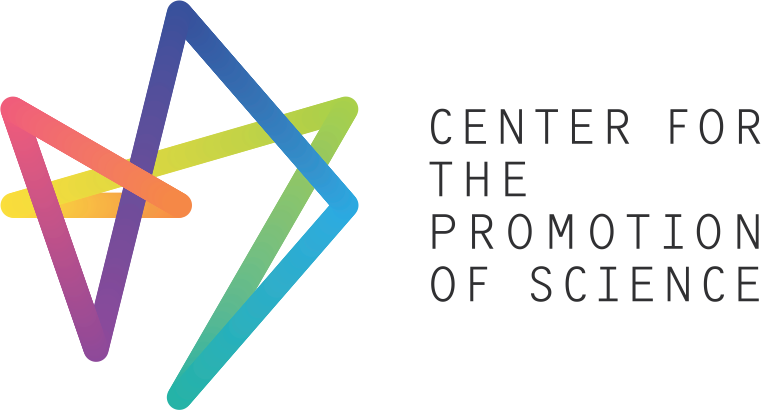
Responsible Research and Innovation Networked Globally
The aim of the RRING project is mapping, linking and empowering different global practices which correspond to the European RRI concept with their content, principles and goals. Ultimately, the RRING project will try to establish universal criteria and nomenclature through the UN Sustainable Development Goals (SDG).
Project Information
Source of Funding: Horizon 2020 European Commission Programme
Project Duration: 05/2018 – 04/2021
Project Website: http://www.rring.eu/
Contact: Dobrivoje Lale Erić - dleric@cpn.rs
Coordinator
University College Cork, Ireland
Partners
UNESCO, France
Careers Research and Advisory Centre (Vitae), United Kingdom
Meiji University, Japan
South African Agency for Science and Technological Advancement, South Africa
International Consortium of Research Staff Associations, Ireland
University of Bradford, United Kingdom
DeMonford University, United Kingdom
Radboud University Nijmegen, Netherlands
Rhine-Waal University, Germany
Wageningen University, Netherlands
Anglia Ruskin University, United Kingdom
National Research Council, Italy
Fraunhofer Fraun, Germany
Centre for Latin American Research and Documentation, Netherlands
State Fund for Fundamental Research, Ukraine
Dublin City University, Ireland
University of Madrid, Spain
University of Vilnius, Lithuania
Earth System Governance – Future Earth, Sweden
China Research Institute for Science Popularization, China
American Association of the Academy of Science, United States
National Postdoc Association, Сједињене Америчке Државе
Technology Information Forecasting & Assessment Council, India
World Federation of Science Journalists, Canada
African Observatory in Science Technology and Innovation, Equatorial Guinea
Center for the Promotion of Science, Serbia
Project Description
The RRING project is dedicated to the European concept of Responsible Research and Innovation (RRI), which was strategically set up as a framework for science, research and innovation within Horizon 2020 programme. The goal of the RRING project is mapping, linking and empowering different global practices which correspond to the European RRI concept with their content, principles and goals. Ultimately, the RRING project will try to establish universal criteria and nomenclature through the UN Sustainable Development Goals (SDG). Within the framework of the RRING project and based on this approach, using a specially designed methodology, a global mapping of good practices will begin by the end of 2018. One of the main values of this project is the creation of a global network which will serve as a base of RRI practices and factors. This would, thanks to the role and position of UNESCO, remain as a sustainable value after the project is completed. At the same time, members of this large consortium will work on developing a strategic document based on the mapping process, the dialogue with the professional community and the defining of best practices, approaches and results. The methodological analysis will focus on four thematic (scientific research) areas: information and communication technologies (ICT), energy, waste management and bio-economics.
The Role of CPN
The role of the Center for the Promotion of Science relies strongly on the same role it had in the major European project RRI Tools. Here, good practices were mapped and tools developed for the implementation of the RRI concept in different social frameworks and among different professional communities in five countries in the region. Through participation in the RRING project, the Center will continue to work with regional partners, with a goal to mark the wider SEE region within the European and global system of positioning the RRI concepts, related scientific research frameworks and practices.
